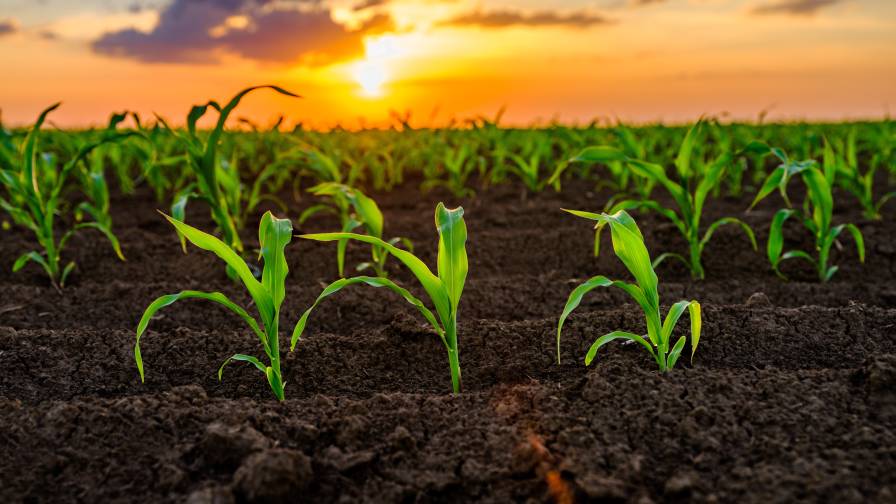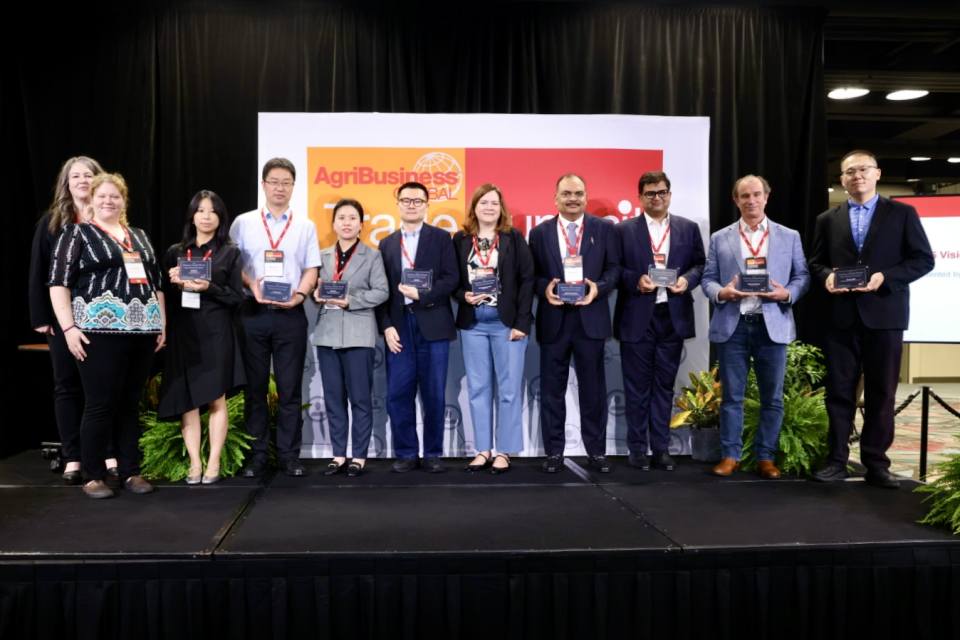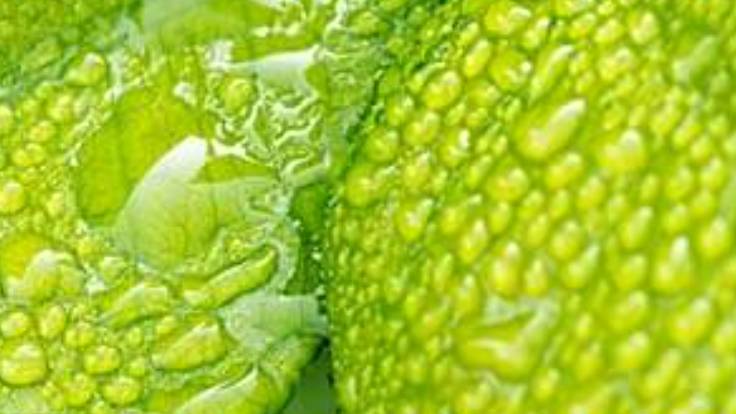AARINENA: Helping North Africa Grow
The Association of Agricultural Research Institutions in the Near East and North Africa (AARINENA) was established in 1985 to strengthen cooperation among national, regional, and international research institutions and centers through the dissemination and exchange of information, experiences and research results. Its mission is to contribute to the enhancement of agricultural and rural development by fostering agricultural research and technology development and by strengthening collaboration within and outside the region, AARINENA aims to achieve greater degree of self-reliance in food and agriculture, and to improve the nutritional well-being and overall welfare of the people of the region while sustaining and further improving the productive capacity of the natural resources base.
The primary role of AARINENA, the most important platform for agricultural research and innovation in the region, is to discuss and create awareness and sensitize member countries on critical issues related to agricultural research for development. It has to promote increased investment in agricultural research and innovation in the region, as well as to further collaborate in agricultural research and innovation through networks and targeted programs that increase capacity, both human and in institutions, for agricultural research and innovation.
Recently, collaboration with international research institutions such as the International Society for Horticultural Science took an excellent start. Moreover, organizing training course in “Bioinformatics” took place in Egypt last December with the collaboration of Agricultural Genetic Engineering Research Institute and Global Forum on Agricultural Research. Such activities are devoted for the North African countries to achieve their agricultural goals. AARINENA has also supported National Agricultural Research Systems through training programs, organizing technical, and scientific workshops and conferences and establishing Regional Agricultural Information System, including AARINENA’s Web site, www.aarinena.org.
It also helped establish networks for essential crops such as date palm, water management, biotechnology, and cotton, and it is in the process of establishing networks for olive and medicinal plants. AARINENA acted as a facilitator in bringing the views, aspirations, and research priorities of the West Asia and North Africa region to the attention of relevant international organizations with the aim of promotion of sustainable ag development.






